Even as the number of employed high schoolers has dropped in recent years, currently sitting at 22.5% of all students, jobs are not only still a crucial and often time-consuming aspect of many teenagers’ lives, but something nearly all students will eventually have to learn how to navigate.
While learning is the entire point of school, La Salle and most high schools offer no classes solely focused on educating students on work. This is especially true in the kinds of jobs that are low-level and will be most people’s entry point to the workforce.
Students are therefore unfortunately uneducated on how to perform different jobs, perhaps reasonable given their innumerable variety. More importantly, students are not educated on another crucial aspect of being in the workforce, their rights as workers and how those rights have been fought for and won.
Students are therefore unfortunately uneducated on how to perform different jobs.This lack of knowledge is particularly devastating given recent furious sets of attacks on labor rights around the country since 2020, and the lack of young workers turning into young activists to protect their rights.
Beyond this, the greatest tool for workers of all ages to protect themselves, unions, have seen a continuing decline in membership, and only in the past year have we seen real signs of hope in a growing number of strikes and actions undertaken.
Students are rarely exposed to information about unions, their importance to workers’ rights and protection, or how they helped win those rights in the first place.
The general sentiment toward unions being on an all-time positive note among the general public only makes a small difference if young people don’t have concrete information about them, and feel powerless as people just entering the workforce.
Since the passing of the Fair Labor Standards Act of 1938, and the Social Security Act of 1935 — the culmination of 100 years of labor’s struggles to set a minimum wage and stop child labor among other things — the federal government and Oregon legislature have approved continued struggles for just and necessary rights.
But to utilize these gains we need to invest time and energy into knowing the basics of the rights that protect workers.
Whether or not you have a job yet, self-educating about what is, for many, the most crucial aspect of our lives, our jobs, pays dividends. Education in this regard not only helps to prepare yourself for a job, but in being able to be an active community member who can support friends and is knowledgeable enough about this topic to speak with an informed opinion.
Our devices all hold enormous power over nearly every aspect of our lives, and for teens, this rings especially true, with pervasive social media attacking our time, privacy, and self-esteem.
But we can leverage the huge power given to use by these networks for our benefit and those of our fellows as well.
We must research our own rights and contact activists and organizers who can help you unionize and advocate for yourself in whatever industry you work in. Using all the resources we have available, whether through government websites, or private reliable sources who invest time into making resources for workers.
The Multnomah County library has an excellent hub for a myriad of resources, linked here.
Beyond knowing our core rights, it’s crucial we understand the role organized labor has and continues to play in defending those rights.
Unions are — put simply — organizations which give workers of all ages collective bargaining power to express their needs. They are democratic organizations where you can elect leaders to protect your interests, and they give you the legal ability to strike and therefore give you far more leverage over your bosses than as a non-unionized worker. The benefits of unions are easily displayable, and even as their decline continues, those who still possess them hold many tangible benefits.
The less we as young people know and understand, and the less we are taught and seek to learn about this, the less ability we have to pursue our own democratic representation in the workplace, especially since management will often try to stop any attempt at unionization by applying pressure to workers and spreading anti-union propaganda in union-busting campaigns.
We, as young people, have enormous energy and potential, even if we often have limited time, and need to not only be aware of our rights, but also our responsibility to protect those rights and support ourselves and fellow workers to defend labor, even as attacks are likely to increase under the incoming administration.


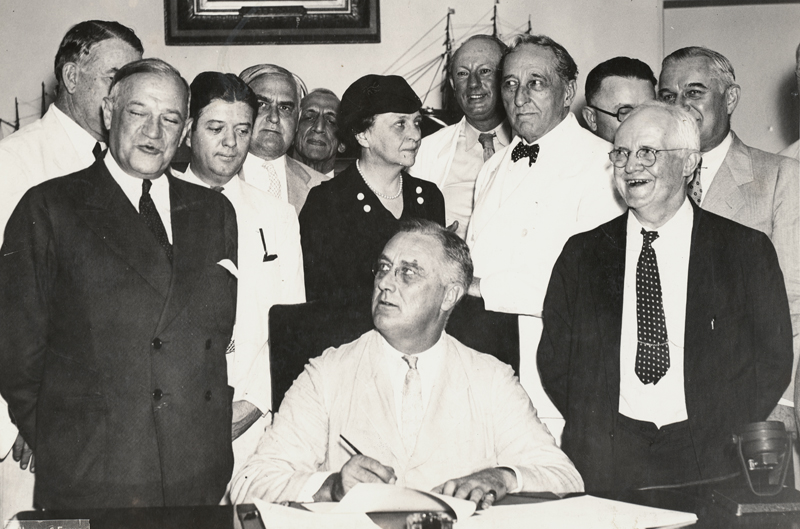

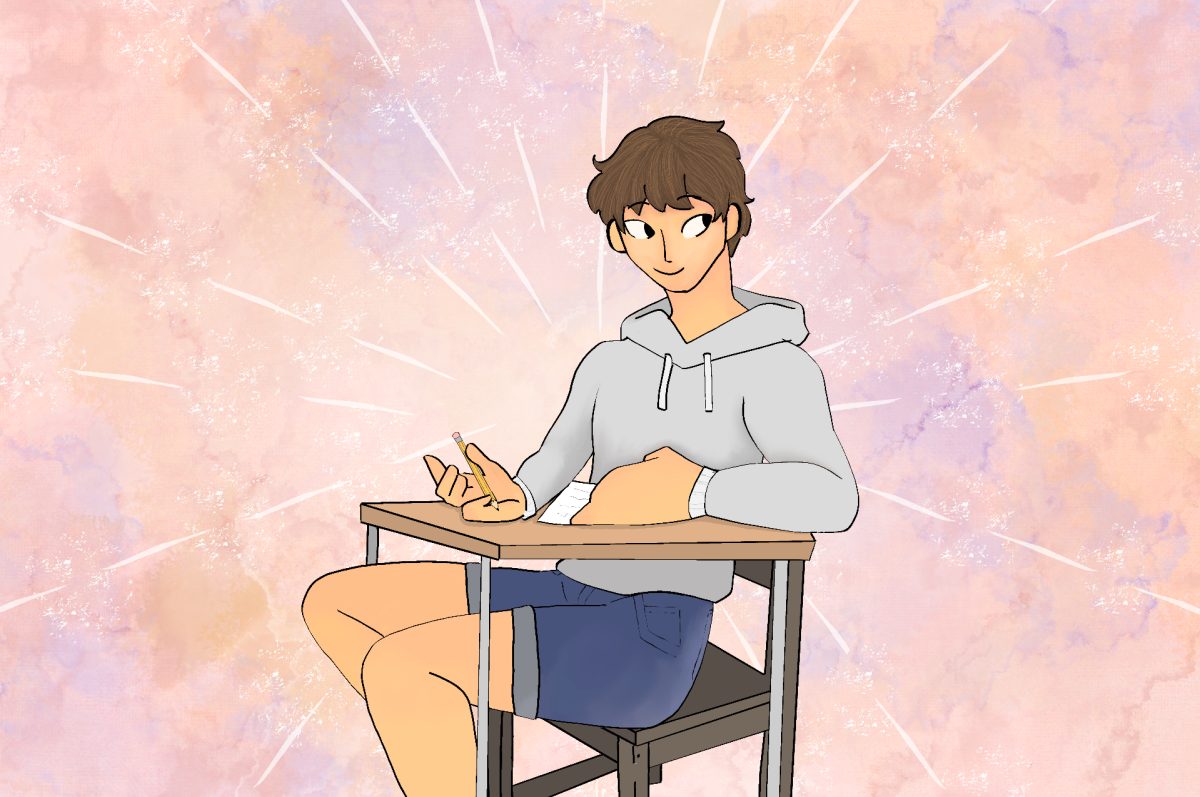
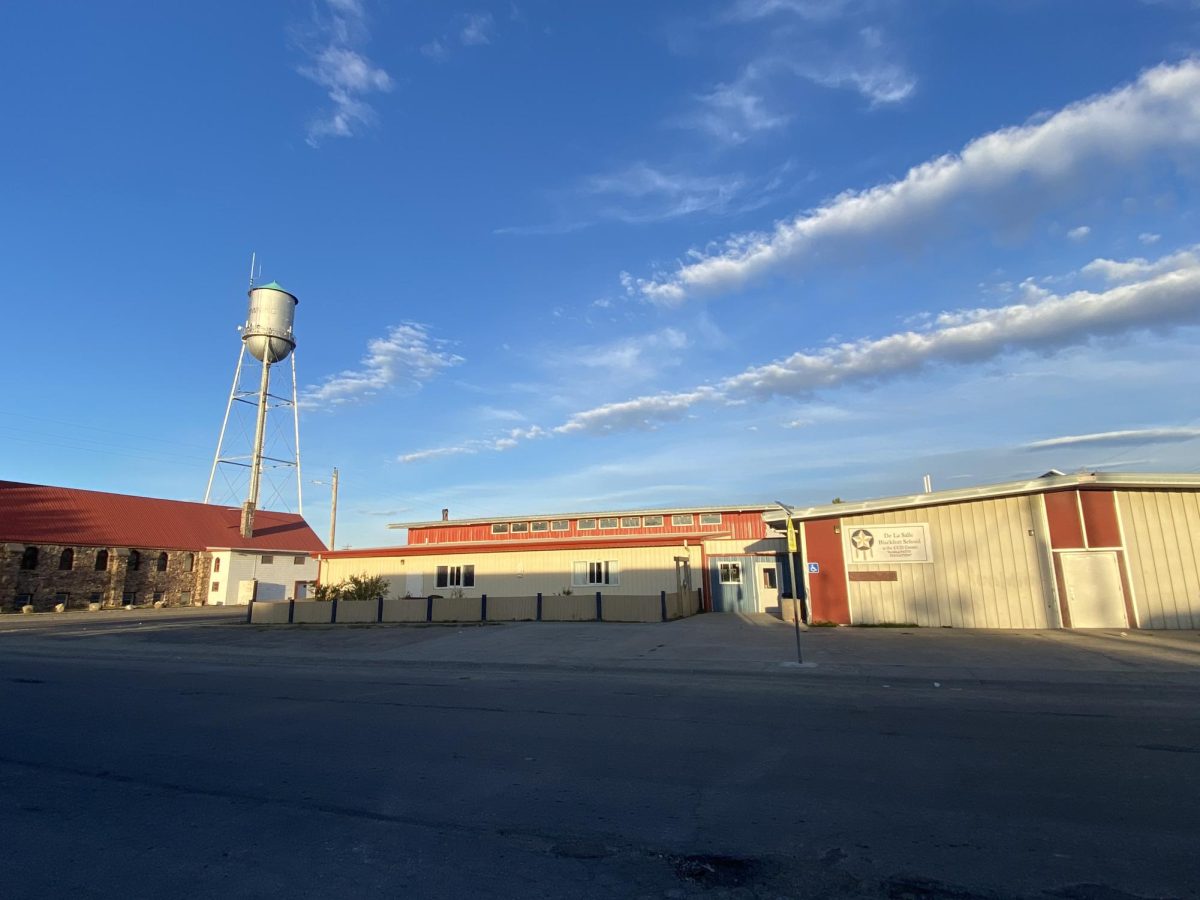
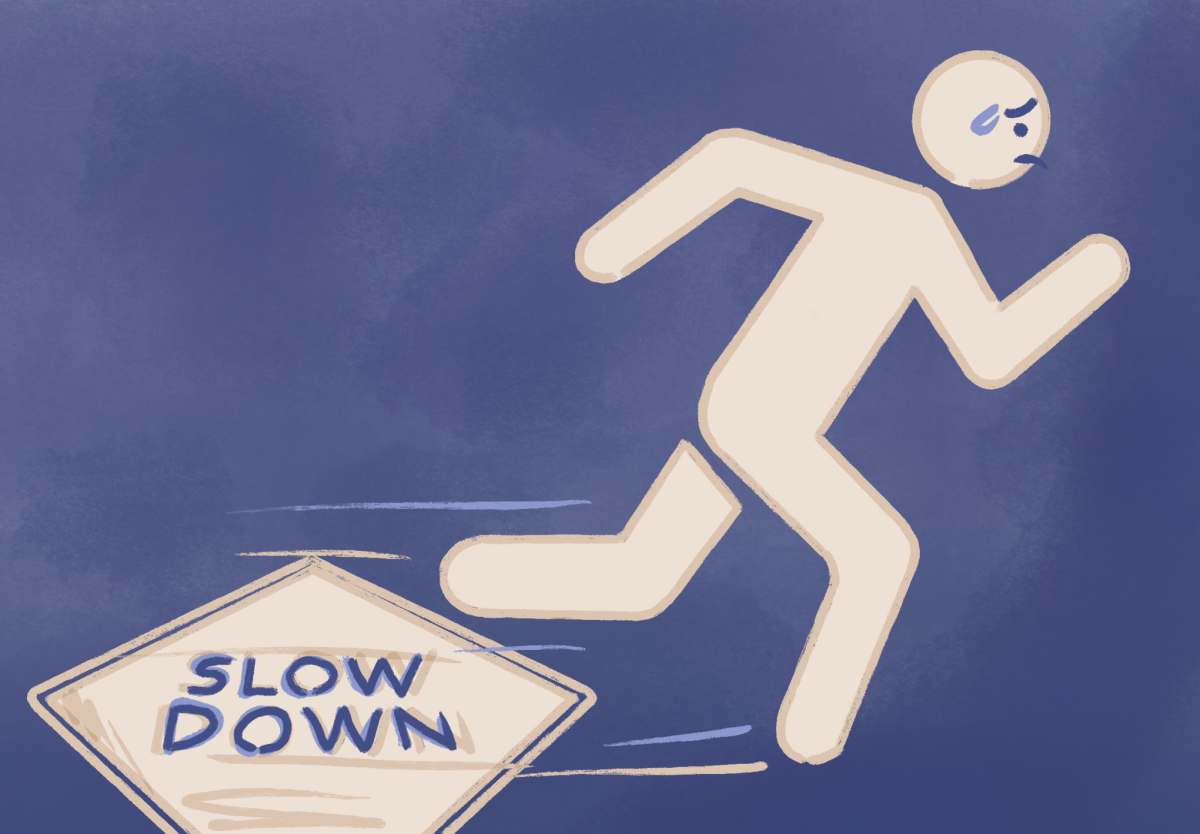

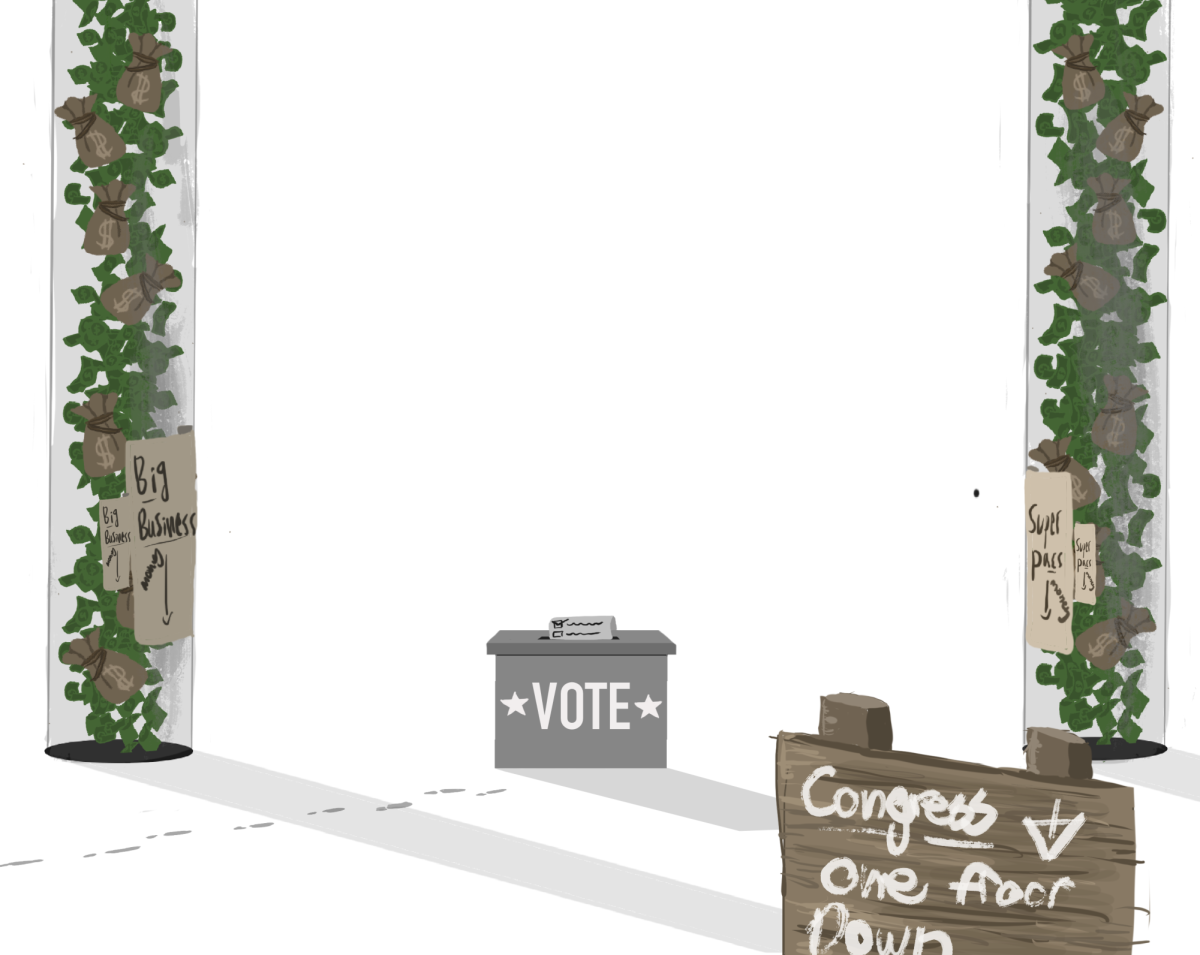
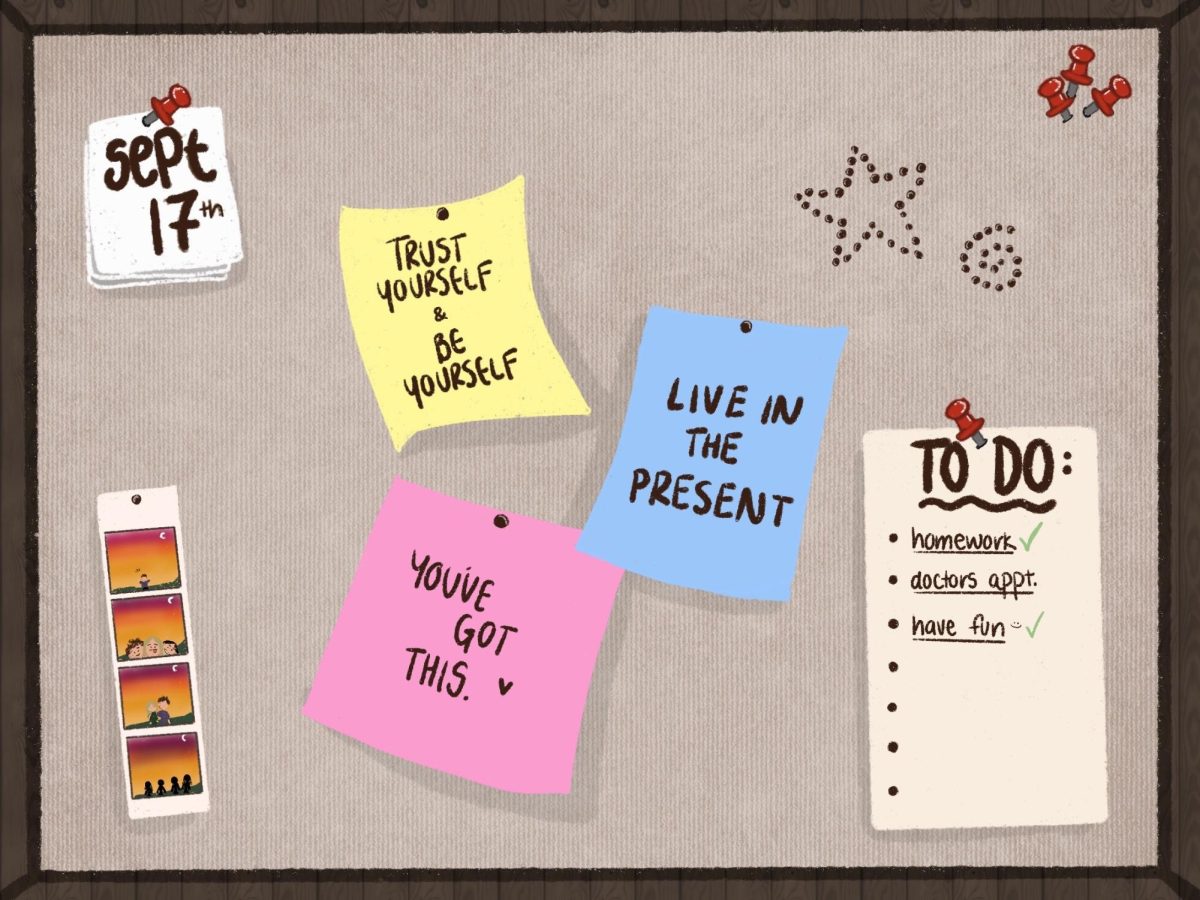

Chris Babinec • Jan 16, 2025 at 8:07 am
Yes! Thank you for this very well-written, well supported piece of writing. Workers rights have diminished over the past few decades and the resurgence of unions is so important.